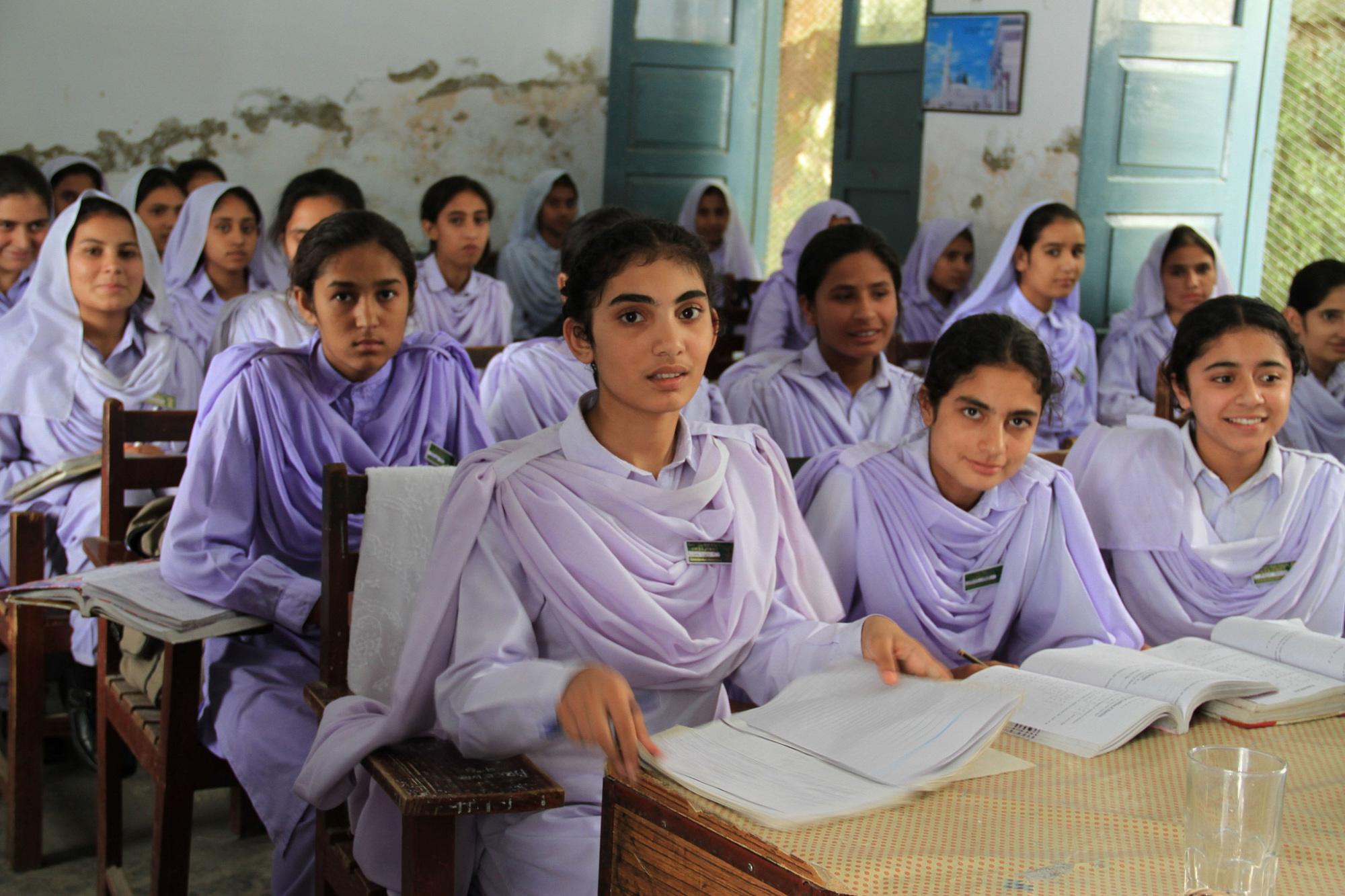The ripple effect: why equality in education matters

Photo: Girls in school in Khyber Pakhtunkhwa, Pakistan, © DFID
This article was originally published on BHP Billiton Foundation’s blog. Follow the link here to find the original post.
One of the greatest challenges of our time is to tackle inequity in education that has resulted in women and girls across the world being excluded and marginalised in society. An estimated half a billion women are illiterate, and tens of millions of girls around the world are unable to access education and unlikely to enrol in school.
And yet evidence shows that educated women create a ripple effect. Educated women are key to reducing poverty, improving economic growth and enhancing social development. When women meaningfully participate in the workforce, they spend majority of their wages on family and in the community, and their children are more likely to go to school and receive an education.
That’s why education equity is vital to unlocking prosperity for marginalised and underrepresented people and the most disadvantaged communities around the world. This in turn is critical to meeting long-term sustainable development challenges globally – a key mission of the BHP Foundation, supported by its sole donor, BHP.
To date, the approach has been to provide more schools and teachers. But the evidence shows this alone is not enough.
Three elements to advancing education equity
To achieve greater education equity, we must do three things.
First, make sure women and girls have access to quality education. This comes from evidence-based decisions on the most effective practices that accelerate learning outcomes.
Second, instil the belief that education is a fundamental right and critical to empowerment and prosperity for girls and women – especially those in the most disadvantaged communities. Empowering women and girls requires a focused effort to address harmful social barriers, such as early marriage, geographic isolation and extreme poverty.
And third, provide the tools and infrastructure that enable and accelerate learning.
While the BHP Foundation is relatively new to this area, our analysis showed we would have to do things differently to make a meaningful contribution to change.
BHP Foundation’s Education Equity Global Program
The strategy for the Foundation’s Education Equity Global Program comprises four pillars: providing education leaders with evidence to better inform decision-making; supporting innovation; empowering leaders to strengthen education systems; and advancing education performance and impact through applying principles like ‘return on investment’ and cost benefit analysis.
We want to contribute to systemic change through collectively working with others to trial promising approaches, share lessons, scale up what works and advocate for change. Alongside world-class organisations who share our passion – including UN Women, Teach For All, Brookings Institution and the Education Endowment Foundation – we have established a portfolio of projects across the world.
For instance, our partnership with UN Women helps women at risk of being left behind through the Second Chance Education and Vocational Learning program. UN Women project will aim to provide women with access to quality learning programs and builds their entrepreneurship skills to improve their employment prospects and help break the cycle of poverty and unemployment.
At a national level, our Country Programs aim to improve long-term economic, social and environmental sustainability within communities. In Australia, our focus on Science, Technology, Education and Maths (STEM) addresses the under-representation of women, and Indigenous women particularly, in this field. This program equips girls with the technological, leadership and job-ready skills they need to thrive in the workforce and set them up for success in the future.
We are currently exploring opportunities for collaborations to amplify the impact of these projects.
Achieving greater equality in education is a complex, multi-faceted challenge that can only be tackled by joining forces with others across the global education system.
There are no easy solutions.
However, the private sector and private foundations have an important role to play in supporting government and non-government organisations that perform much of the frontline work.
At the Foundation, we are passionate advocates for change. For society to prosper and communities to thrive, women must have equal access to education and job opportunities.
Together with partners across the public and private sectors, we can use our voice, reach and influence to invest in the future and support the vital and transformative work being undertaken to redress education inequalities.
